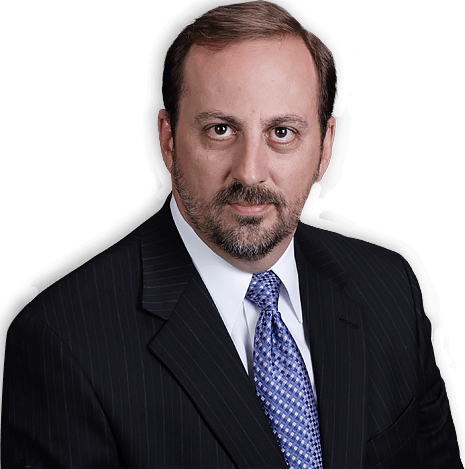Police officers are entrusted with enforcing the laws of the communities that they serve, and the public relies on them to ensure public safety and to maintain the peace. When a police officer is accused of a crime, the shockwaves are felt throughout the community. Residents can feel betrayed, and many express doubt in the systems in place that claim to serve and protect. For the officer involved, such a claim can be devastating, both personally and professionally. Florida residents may be aware that a Florida Highway Patrol trooper has been arrested and charged with a prescription drug crime.
The trooper is a 34-year-old man from Tampa. He is accused of three counts of withholding information from a practitioner. Authorities allege that the trooper approached two doctors in different cities to obtain prescriptions for hydrocodone-acetaminophen. He is alleged to have withheld from each doctor the fact that he was receiving prescriptions from the other, which is a violation of Florida law.
The trooper joined the Florida Highway Patrol in 2003. A representative for the agency has stated that he will be terminated as a result of the charges. Upon his arrest, he was booked into jail in Hillsborough County and subsequently released on $6,000 bail.
As with all criminal cases, it is important to note that the initial reports of criminal charges are almost always comprised of information in police reports. The accused party is usually unable to defend him or herself until the case is heard in court. Many criminal cases in Florida and elsewhere are dismissed due to insufficient evidence, improperly handled evidence, and a wide range of other legal challenges. Unfortunately, by the time that a law enforcement officer is cleared of charges or found not guilty, the damage has been done in terms of severe damage to their professional reputation as well as loss of wages, not to mention the emotional turmoil of being accused of a prescription drug crime.
Source: Tampa Bay Times, “Florida Highway Patrol trooper faces charges involving prescription drugs,” Laura C. Morel, July 25, 2012



